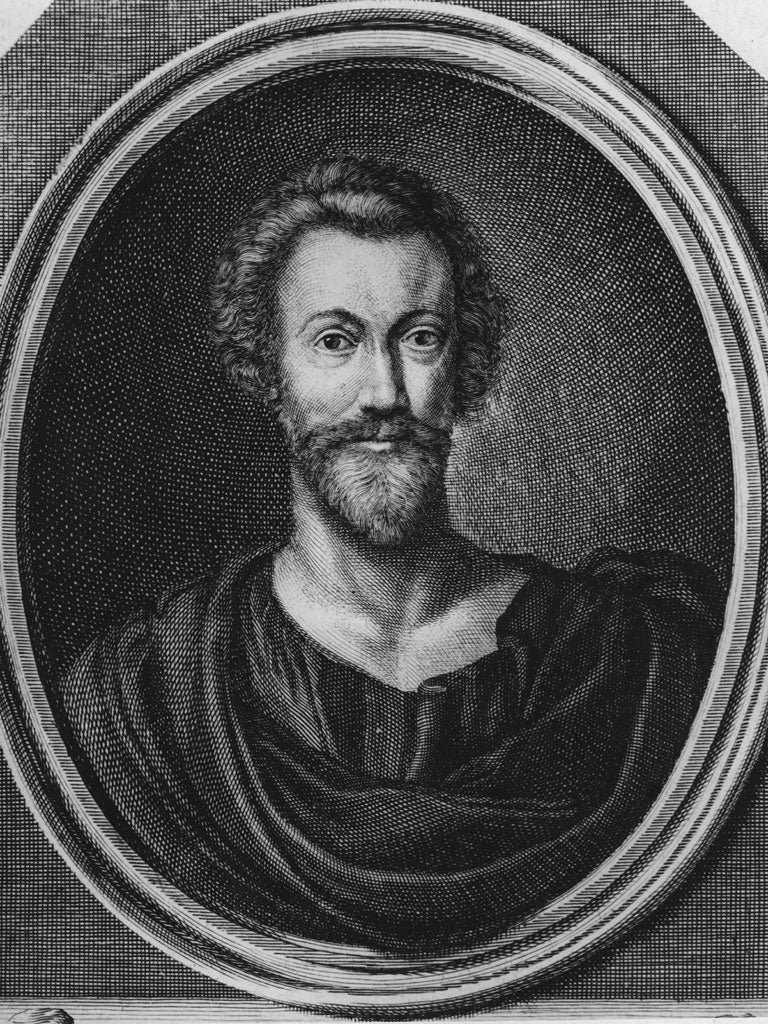Facebook is muse to today's young poets
Record number of entries to competition shows new generation finding inspiration in technology

Your support helps us to tell the story
From reproductive rights to climate change to Big Tech, The Independent is on the ground when the story is developing. Whether it's investigating the financials of Elon Musk's pro-Trump PAC or producing our latest documentary, 'The A Word', which shines a light on the American women fighting for reproductive rights, we know how important it is to parse out the facts from the messaging.
At such a critical moment in US history, we need reporters on the ground. Your donation allows us to keep sending journalists to speak to both sides of the story.
The Independent is trusted by Americans across the entire political spectrum. And unlike many other quality news outlets, we choose not to lock Americans out of our reporting and analysis with paywalls. We believe quality journalism should be available to everyone, paid for by those who can afford it.
Your support makes all the difference.Robert Graves's assertion that "every English poet should read the English classics" is unlikely to cut much ice with Britain's newest generation of poets. The 15 winners of this year's Foyle Young Poets of the Year Award are far more likely to cite the likes of Benjamin Zephaniah and Allen Ginsberg than T S Eliot or anything by Keats.
It seems the Dead Poets Society has breathed its last, with only one of the 15 citing a "classic" poet as their inspiration: 17-year-old Alexandra Cussons pays respect to 17th-century John Donne as "a major influence".
Modern technology, rather than literary history, is fuelling an upsurge in poetry. Judith Palmer, the chair of the Poetry Society, which organises the competition, said: "Teenagers have always written poetry but I think there's something to do with the familiarity with Facebook and Twitter that gives a confidence in sharing your thoughts and feelings publicly."
This year's batch of would-be poets – 7,215 – is 60 per cent up on the 4,500 in 2007 and the highest number since the awards began in 1998.
What sets the young writers apart from their older counterparts is the vitality they bring to their work, Ms Palmer added. "It is that huge excitement and energy of actually seeing something for the first time – a sense of wide-eyed aliveness."
The 15 winners of this year's competition will be announced on Thursday, to mark National Poetry Day. But The Independent on Sunday has been given a preview of some of the winning entries. The youngest of the winners, Robert Marston, an 11-year-old who lives in care, gives a moving exploration of solitude in "Sadness": "With his face light blue and his clothes faded grey/his eyes showed that something he'd loved had gone".
And in "Playing in the Snow" another winner, 16-year-old Joel Lipson, describes a chilling imaginary playmate: "Even when I grew I hushed you into the corner of my mind/where you froze, and expanded./Blood boy. Blood boy. I can see you now,/Seeking something awful in the snow."
The poet Glyn Maxwell, one of the judges, said: "It's up to the poets of any generation, including the newest, to confront the worst and figure out how to live with it. This lot make a damn good start." And fellow judge and poet Imtiaz Dharker added: "There are echoes of the student riots – there is a lot of upheaval and uprising in these poems."
Winners from the 15-17 age category will go on a week-long writing retreat at the Arvon Foundation, set in 30 acres of woodland in the Clun Valley, Shropshire. And younger winners will be mentored by poets who will visit their schools.
Through teenage eyes
Several of the winners were asked to submit a poem to The IoS about being young in austerity-hit Britain. This one is by 17-year-old Matthew Broomfield from Shropshire
Placidity
In these green fields of Jerusalem, there
Are no mines. We are all unexploded.
There is no more madness, because there is
Nothing unexpected at the end of the tunnel,
Or beyond the veil, or in the magician's hat.
Revolutionaries queue quietly
In the drizzle. Paperwork. The flare of
Our youth sputters out. Silence. Only
Gravity draws us onward to the mass
Of our final years. We are many. We are scared.
Amongst these darkest of mills, there can be
No seeing. We wait for work while they grind
Their sick corn. Let them eat ashes. Let there
Be work. God grant us life everlasting
Or the minimum wage. God save the revolution.
Join our commenting forum
Join thought-provoking conversations, follow other Independent readers and see their replies
Comments